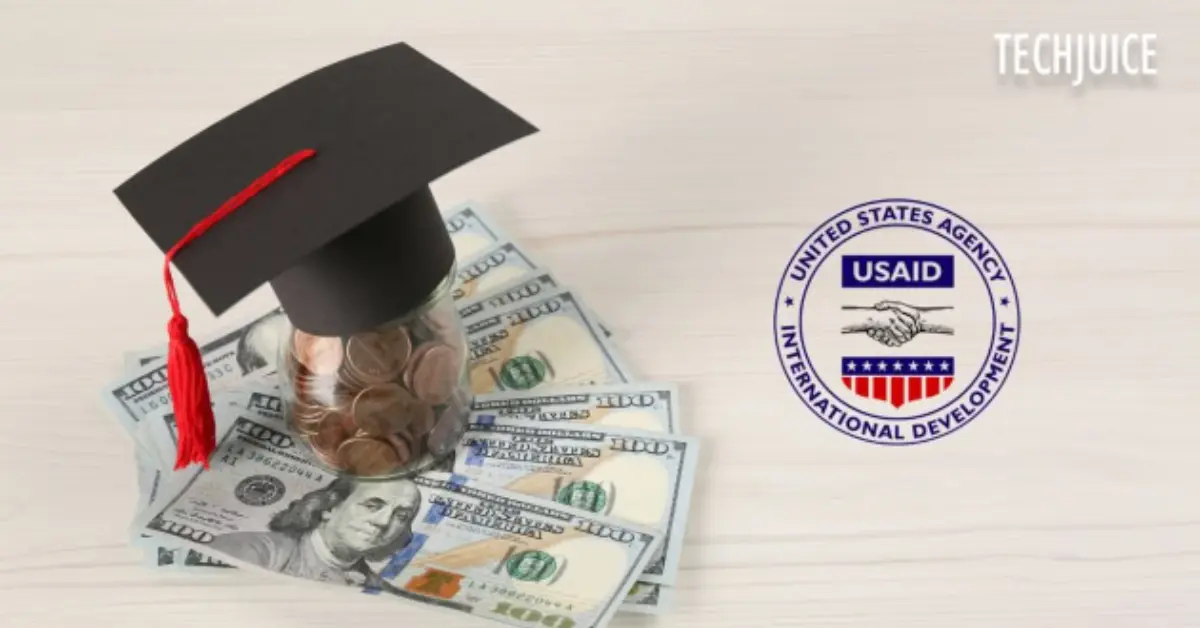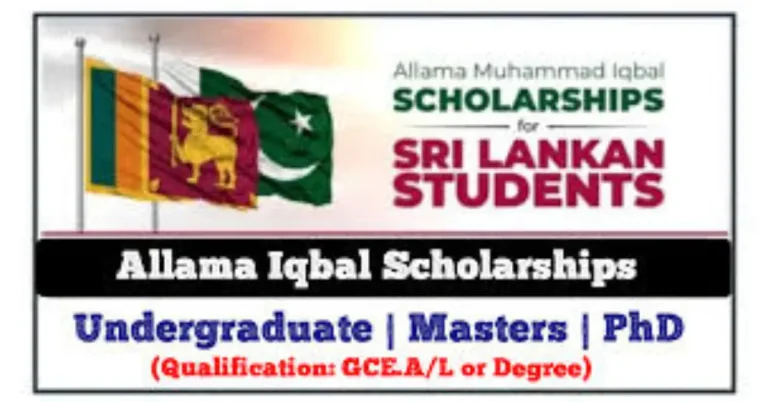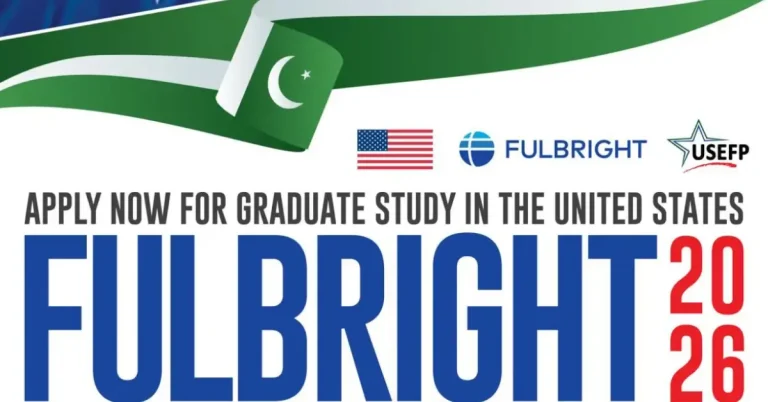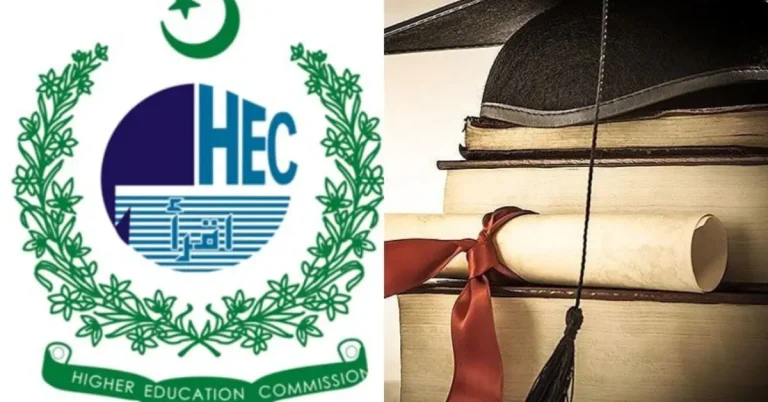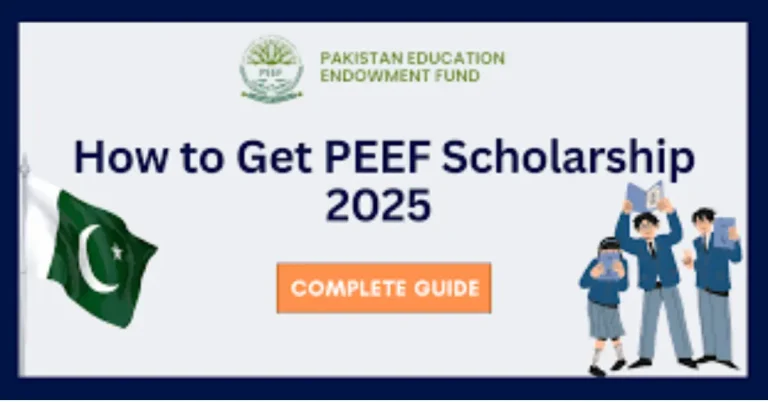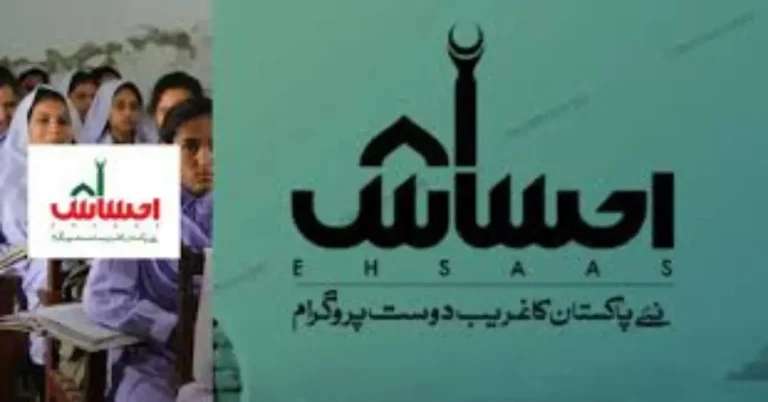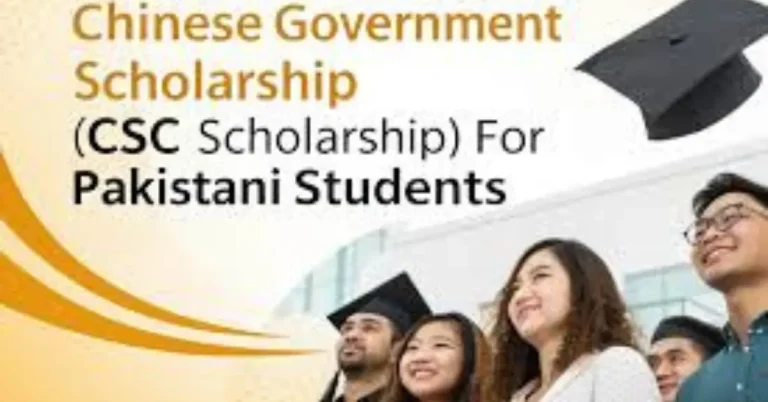USAID Merit and Need-Based Scholarship Program Update
Higher education is a gateway to personal success and national progress, but for many students in Pakistan, limited financial resources make this goal seem out of reach. To overcome this challenge, the United States Agency for International Development (USAID), in collaboration with the Higher Education Commission (HEC) of Pakistan, launched the USAID Merit and Need-Based Scholarship Program in 2004.
This program provides financial support to talented but financially disadvantaged students in partner universities across Pakistan. Over the years, it has empowered thousands of young men and women to complete their education, pursue careers, and contribute to Pakistan’s economic development.
In this article, we will explore the details of the USAID Merit and Need-Based Scholarship Program, including its objectives, coverage, eligibility, partner universities, application process, benefits, FAQs, and final words of guidance.
Objectives of the Scholarship
The USAID Merit and Need-Based Scholarship Program aims to:
- Provide equal opportunities for higher education to talented but economically disadvantaged students.
- Support students in fields that are critical for Pakistan’s development, such as business, agriculture, and engineering.
- Strengthen Pakistani universities by promoting inclusivity and diversity in classrooms.
- Contribute to human capital development by preparing skilled professionals.
- Build long-term Pakistan–U.S. educational cooperation through academic support programs.
Scholarship Coverage
The scholarship is designed to cover both tuition and living costs, ensuring students can focus entirely on their studies.
- Tuition Fees: Complete coverage of tuition and admission fees.
- Books and Supplies: Allowance for required study materials.
- Stipend: Monthly stipend to support living expenses.
- Accommodation: In some cases, hostel charges are included.
- Duration: The scholarship lasts until the completion of the degree program (usually 4 years for undergraduate, 2 years for master’s).
Fields of Study
The program primarily targets fields that are vital for Pakistan’s socio-economic progress. These include:
- Business Administration
- Agriculture and Food Sciences
- Engineering and Technology
- Medical and Health Sciences (limited)
- Social Sciences and Education
- Other approved programs at partner universities
Eligibility Criteria
Applicants must meet certain conditions to qualify:
- Must be a Pakistani citizen.
- Must have secured admission in a full-time program at a partner university.
- Should belong to a family with low income (income limit varies by university, but generally under Rs. 45,000–60,000/month).
- Admission must be based on merit; self-finance students are not eligible.
- Students already receiving another scholarship are not eligible.
- Both male and female students can apply; special encouragement is given to female applicants.
- Your Ultimate Guide to Scholarships in 2025 All Updates
Required Documents
To apply, students typically need to submit:
- Completed USAID scholarship application form (available at partner universities).
- CNIC/B-Form of student.
- CNIC of parents/guardians.
- Income certificate/salary slip of father/guardian.
- Utility bills (electricity, gas, water, telephone).
- Domicile certificate.
- Academic transcripts and certificates.
- Admission/fee slip from the university.
- Two passport-sized photographs.
Application Process
The application process for the USAID Merit and Need-Based Scholarship Program is straightforward:
- Collect Form: Obtain the application form from your university’s Financial Aid Office (FAO).
- Fill and Attach Documents: Carefully fill the form and attach required documents.
- Submit to FAO: Submit the completed application to the FAO of your university (not directly to HEC or USAID).
- Institutional Review: The university reviews applications and shortlists candidates.
- Forward to HEC: The list of recommended students is forwarded to HEC for approval.
- Final Selection: HEC and USAID finalize the list of awardees.
- Scholarship Award: Successful candidates are informed through their university.
Partner Universities
The USAID Merit and Need-Based Scholarship Program is available in more than 30 partner universities across Pakistan, including:
- Quaid-e-Azam University (QAU), Islamabad
- Punjab University (PU), Lahore
- University of Agriculture, Faisalabad (UAF)
- Institute of Business Administration (IBA), Karachi
- University of Karachi (KU), Karachi
- University of Engineering and Technology (UET), Lahore
- COMSATS University (selected campuses)
- Islamia University Bahawalpur (IUB)
- Bahauddin Zakariya University (BZU), Multan
- University of Peshawar, Peshawar
- Sindh Agriculture University, Tandojam
Benefits of the Program
The USAID Merit and Need-Based Scholarship Program provides significant benefits to students and society at large:
- Full Financial Support: Covers tuition fees, living expenses, and academic materials.
- Equal Access: Enables students from underprivileged families to join top universities.
- Female Empowerment: Encourages female participation in higher education.
- Capacity Building: Produces skilled graduates in critical sectors like agriculture, business, and engineering.
- National Development: Contributes to reducing poverty and promoting economic growth through education.
- Pakistan–US Partnership: Strengthens educational ties between the two countries.
Frequently Asked Questions
Final Words
The USAID Merit and Need-Based Scholarship Program is one of the most impactful educational initiatives in Pakistan. By covering tuition, stipends, and other expenses, it has opened doors of higher education to thousands of students who otherwise could not afford it.
Its focus on merit and financial need, along with strong support for female students and critical fields of study, makes it a transformative program for Pakistan’s youth. Through this scholarship, USAID and HEC are not only supporting individual students but also contributing to Pakistan’s long-term economic growth and social development.
If you are a talented student from a financially struggling family and have secured admission in one of the partner universities, you should definitely apply. With this opportunity, your financial background will no longer be a barrier to achieving your academic dreams.

